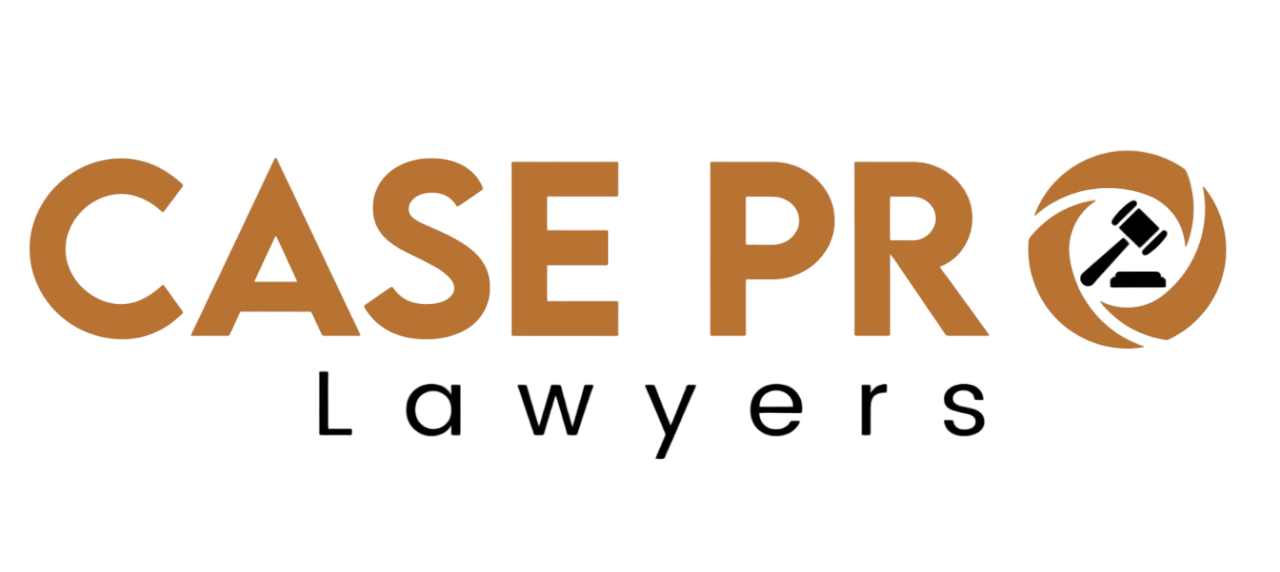After an accident, dealing with insurance claims can feel like navigating a maze. Whether it’s a car accident, a workplace injury, or damage to property, understanding how to handle your insurance claim is crucial for ensuring you receive the compensation you’re entitled to. Insurance companies can be complicated, but knowing the basics can make a big difference in your recovery process.
This guide will break down the process of filing insurance claims, how to handle interactions with your insurer, and how Case Pro Lawyers can support you through the entire process.
What Is an Insurance Claim?
An insurance claim is a formal request you make to your insurance company for compensation after an accident or loss. After an accident, whether it’s a vehicle collision or a workplace injury, your first step is to report the incident to your insurance provider. In turn, the insurer evaluates the situation, reviews your coverage, and determines if and how much compensation you should receive.
Insurance claims can include coverage for medical bills, car repairs, lost wages, and more. The purpose is to make sure you are not financially burdened due to circumstances beyond your control.
Types of Insurance Claims You May Encounter
There are several types of insurance claims that could arise depending on the nature of the accident. Understanding which one applies to your situation is key:
- Car Insurance Claims: If you’ve been in a vehicle accident, you’ll need to file a claim with your car insurance provider. This can include coverage for repairs, medical expenses, and, in some cases, damage to property or other vehicles involved.
- Health Insurance Claims: If your injuries require medical treatment, you may need to file a health insurance claim. This claim can cover hospital stays, medications, surgeries, and rehabilitation therapies.
- Workers’ Compensation Claims: If your injury occurred at work, you may be eligible for workers’ compensation benefits. This insurance helps cover lost wages, medical treatment, and rehabilitation costs due to work-related injuries.
- Homeowners or Property Insurance Claims: If your property or home is damaged due to an accident or natural disaster, you’ll file a property insurance claim to seek repairs or replacement costs.
Each type of claim has its own procedure and documentation requirements. Knowing which type of claim to file is the first step toward a smooth process.
How to File an Insurance Claim: A Step-by-Step Process
Filing an insurance claim can be stressful, especially when you’re dealing with the aftermath of an accident. However, knowing the steps involved can help make the process less daunting.
- Notify Your Insurance Company Immediately: After the accident, it’s important to report the incident to your insurance provider as soon as possible. This ensures that your claim is on record and your insurer can start the claims process.
- Gather Necessary Documentation: Your insurer will require evidence to process your claim. This may include accident reports, medical bills, photographs of damage or injuries, witness statements, and any other relevant documentation.
- File the Claim Form: Once you’ve gathered all the necessary documents, you’ll need to fill out a claim form. This can often be done online or by speaking directly with an insurance agent.
- Cooperate with the Insurance Adjuster: An insurance adjuster may be assigned to review your claim. They’ll inspect damages, investigate the details of the accident, and evaluate the medical reports. Be prepared to provide all the information they need to process your claim.
- Wait for the Decision: After the adjuster has reviewed your case, the insurer will make a decision. This can take time, depending on the complexity of the claim.
- Appeal If Necessary: If your claim is denied or if you feel the compensation offered is too low, you can appeal the decision. This is where having an attorney on your side can make a significant difference.
Common Insurance Claim Mistakes to Avoid
When filing an insurance claim, there are several mistakes that can delay your claim or result in a lower payout. Here are a few to watch out for:
- Delaying the Claim: Waiting too long to report the accident can hurt your case.
Insurance policies often have time limits for filing claims, so it’s important to act quickly.
- Not Documenting the Incident Thoroughly: Failing to gather sufficient evidence or document the scene of the accident can weaken your claim. Make sure to take pictures, get witness statements, and collect any other evidence that may support your case.
- Admitting Fault: Never admit fault at the scene of an accident, even if you think you’re to blame. Fault should be determined through an investigation, not by immediate statements.
- Accepting the First Offer: Insurance companies may offer a settlement quickly, but it may not be the full amount you deserve. Always review the offer carefully and consider whether it covers all of your expenses and damages.
How Case Pro Lawyers Can Help
Navigating an insurance claim can be overwhelming, especially when you’re trying to recover from an accident. That’s where Case Pro Lawyers comes in. Our team has extensive experience in handling insurance claims and personal injury cases, and we’re here to guide you through the entire process. From communicating with your insurance provider to negotiating settlements, Case Pro Lawyers can ensure that you receive the maximum compensation available for your injuries and losses. We’ll handle the legal complexities while you focus on your recovery
